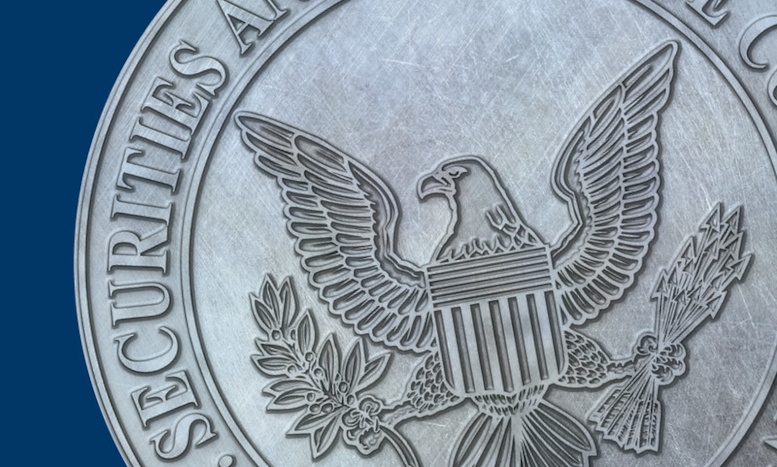Industrial hemp company Hemp Inc. and two of its executives are to pay $10 million in total fines to resolve U.S. Securities and Exchange Commission (SEC) fraud claims dating to 2016. Consent filings this week show that Hemp Inc. executive Barry Keith Epling will pay an $8 million civil penalty; CEO Bruce Perlowin will pay a $1.7 million; and the company itself will pay $300,000.
The SEC originally charged the penny-stock company, Perlowin, Epling and Bruce Perlowin’s brother Jed M. Perlowin with committing a long-running fraud and running an illegal scheme to sell unregistered stock in violation of U.S. securities laws. The government did not indicate any fine was charged to Jed Perlowin. The case was settled at the end of last year but fines had not been set.
Hemp Inc. has meanwhile said Bruce Perlowin is no longer managing the day-to-day operations of the company, but now serves as “Chief Visionary Consultant.”
Questionable deals
The SEC claimed in the original 2016 charges that as CEO, Perlowin transferred hundreds of millions of Hemp Inc. shares to companies controlled by his brother Jed, and Epling, to be sold in public markets.
Those companies entered consulting deals with Hemp Inc. which the SEC described as bogus. Some shares were given as gifts. For example in 2012, one company linked to Epling received 100 million Hemp Inc. shares in recognition of “affection and appreciation for over 20 years of friendship and loyal assistance,” according to the original SEC claims, which were filed in federal court in Nevada.
Unregistered
According to the 2016 complaint, Epling’s companies sold the Hemp Inc. shares they received and “used a material portion of the proceeds for the benefit of and at the direction of Bruce Perlowin and Hemp Inc.” Jed Perlowin’s companies also sold millions of Hemp Inc. shares and used some of the proceeds for the benefit of Bruce Perlowin, the securities agency charged.
The SEC said the shares were sold in such a way to investors as if they were restricted but that investors purchasing them via market transactions would have reasonably believed they were unrestricted shares. The SEC said Hemp Inc. never filed a registration statement with the SEC.

